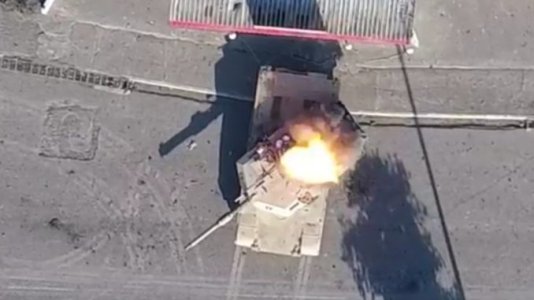Broken_Erika
Play with me.
Chiapas violence: Hundreds flee cartel battles in southern Mexico
Hundreds of people have fled their homes in the southern Mexican state of Chiapas as two rival cartels battle for control of the routes they use to smuggle migrants and drugs.A local official said more than 700 residents had been displaced from their communities near the Guatemala border.
The Jalisco New Generation cartel (CJNG) is trying to wrest the area from the grip of the Sinaloa cartel.
Dozens of people have reportedly been killed in recent weeks.
Chiapas is Mexico's poorest state with a large indigenous population.
Criminal organisations like the CJNG and the Sinaloa cartel have been infiltrating the region because of its proximity to the border with Guatemala and important transit routes for migrants, whom they extort, and cocaine-smuggling routes.
The worst-hit communities are Chicomuselo and La Concordia. Residents of Chicomuselo said 20 people - 18 gang members and two locals - were killed in a cartel battle on 4 January.
Locals said they had to cower in their homes while bullets flew through their homes during the seven-hour gun fight which started just before noon local time.
In a statement, the community described "the pain at seeing children and youths trembling in fear and getting sick from having to live through these traumatic experiences".
They also accused the state of failing to protect them.
However, the Chiapas state prosecutor's office released a statement five days later saying that it had not received any reports of any killings in the area.
The military has been deployed to the region but locals say they are now getting caught in the crossfire when the security forces confront the cartels.
Entire families have left their homes and crossed the nearby Angostura lake by boat to escape the violence over the past days.
Local journalists said that their villages now resembled ghost towns.
Chiapas civil protection official Luis Manuel García Moreno told Radio Fórmula that 701 people had fled to the city of Comitán, most of them women and children.
https://www.bbc.com/news/world-latin-america-68067681



